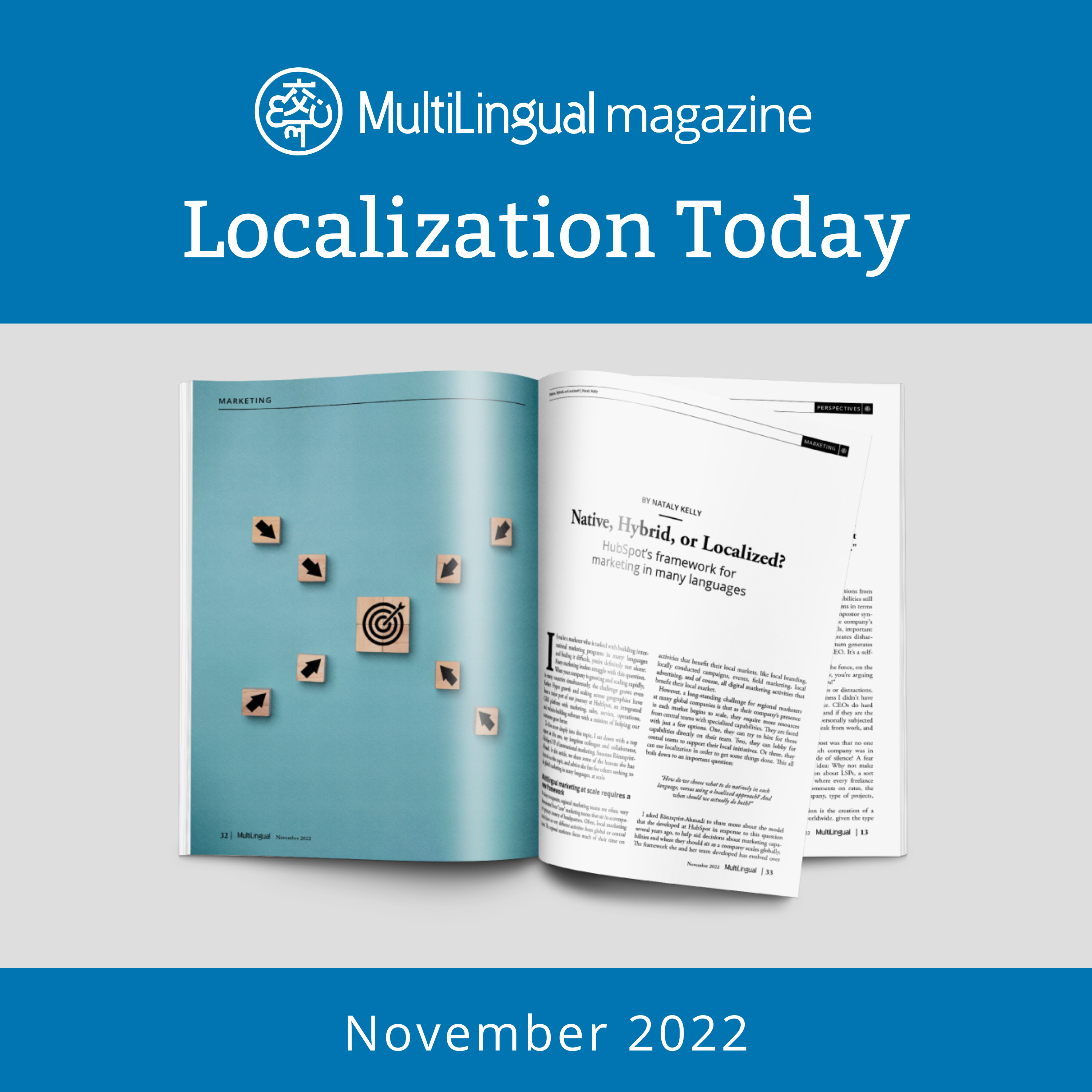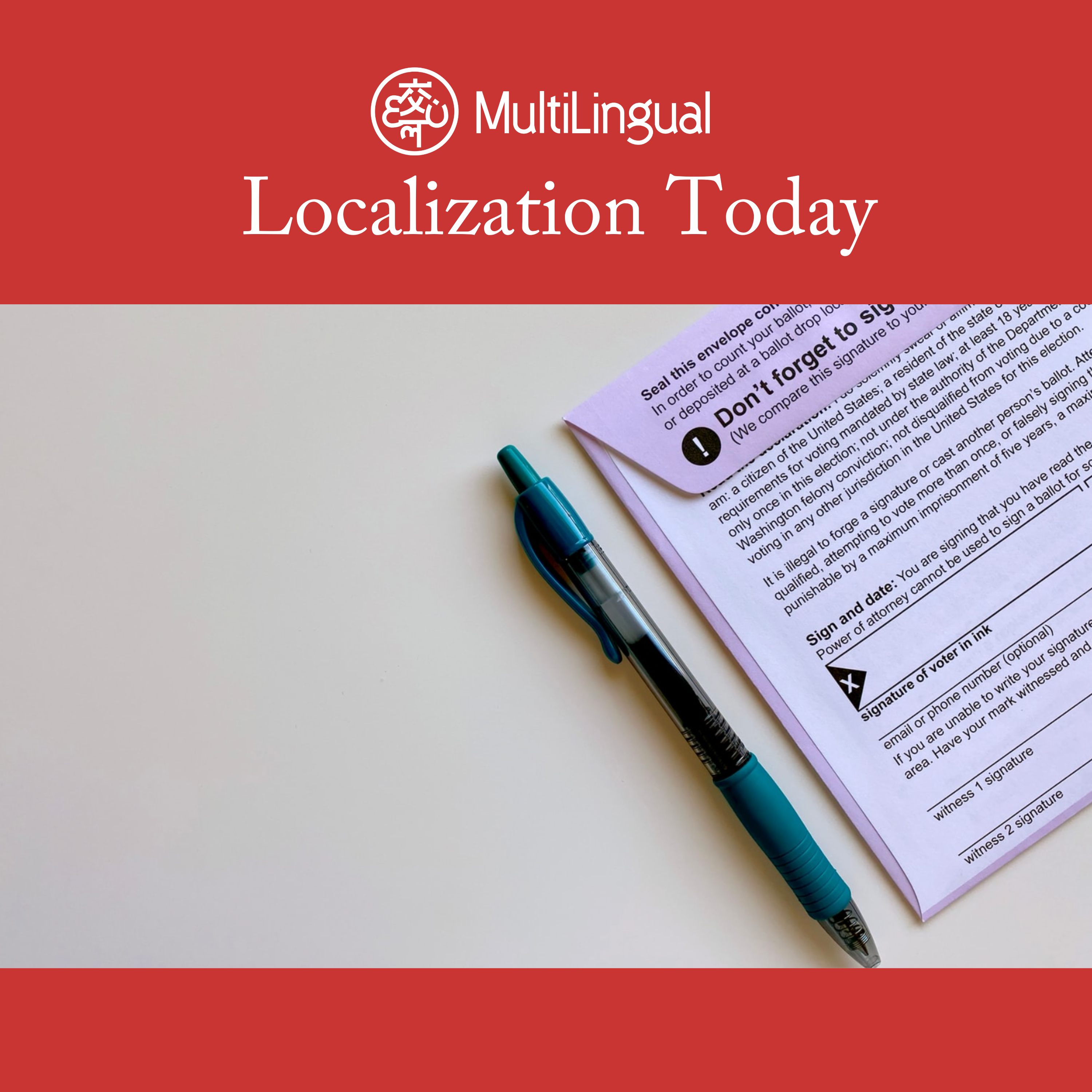Episode Transcript
Not all literary translators are paid equally — recently released survey results show that the income of literary translators varies significantly across different countries.
One thing they mostly have in common, however, is that they largely struggle to earn a substantial income through literary translation alone. The survey, conducted by the European Council of Literary Translators’ Associations (CEATL, from the French-language name of the council), revealed information on the working conditions of nearly 3,000 literary translators based in various European countries.
“They show that: the situation differs a lot from country to country, even experienced full-time professionals hardly make a living, income for literary translators barely increased over the last decade,” the CEATL wrote in a tweet announcing the results of the survey.
The vast majority of respondents were members of the CEATL, with 2,822 members included in the data and 158 non-members. Most respondents said they were not full-time literary translators, working either part-time or occasionally in literary translation — potentially because of the low earnings literary translators typically receive for their work.
Credit: The European Council of Literary Translators' Associations
While literary translators’ earnings vary quite a bit depending on what country they live in, the CEATL notes that even the most experienced literary translators are barely able to make a sustainable living off their earnings. The survey asked respondents to report their minimum, usual, and maximum rates per 1,800 keystrokes (roughly one page worth of content) — for instance, the usual rate for a literary translator in Romania was reported as €3.26 ($3.31) per 1,800 keystrokes. In Iceland, on the other hand, that rate rises to €35.25 ($35.85).
This would mean that, upon translating a 200-page book, a literary translator in Romania would earn less than €700, while one working in Iceland could earn more than €7,000. In addition to this basic fee, the CEATL reports that literary translators also depend on earnings from royalties and grants in order to earn a living.


